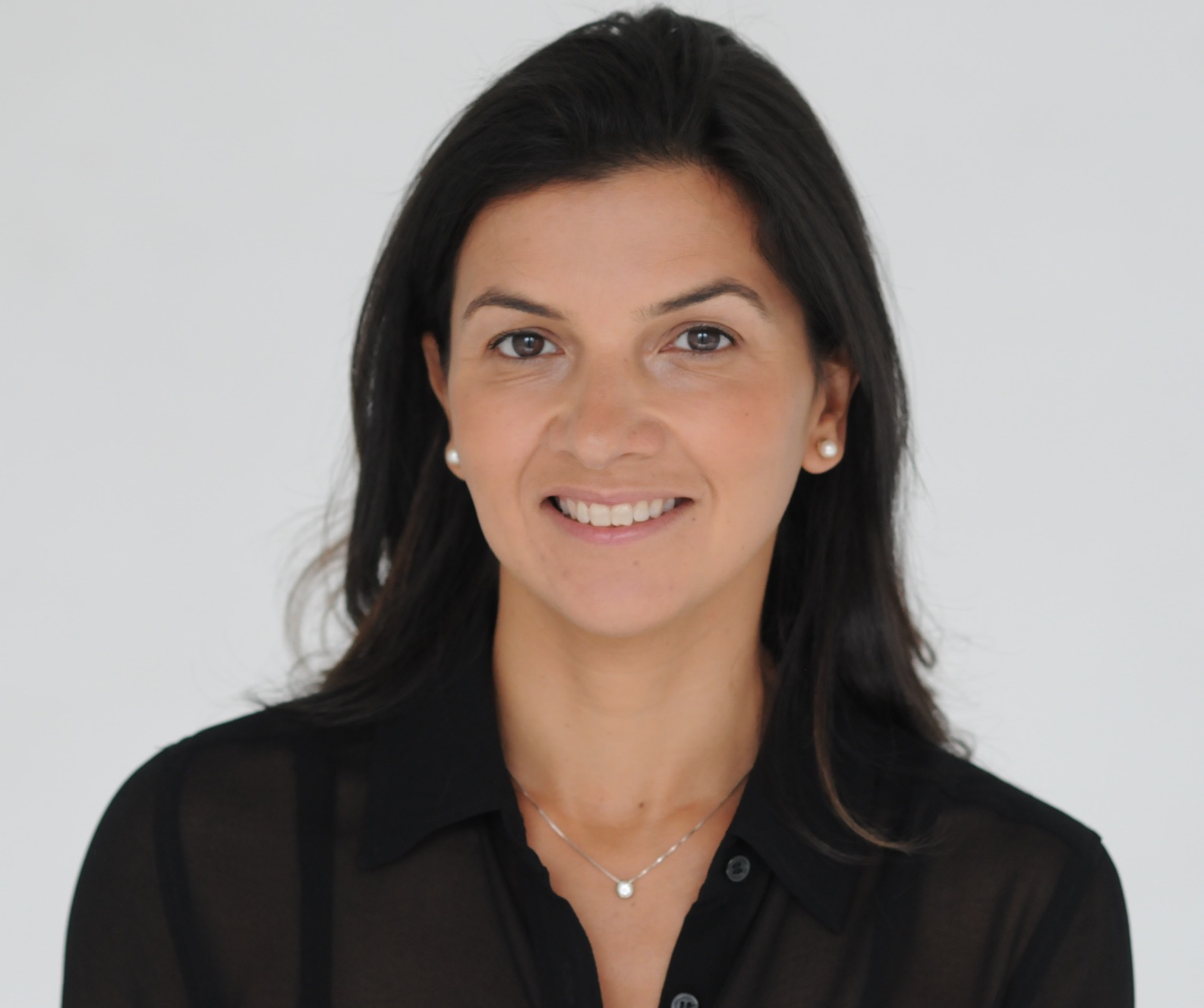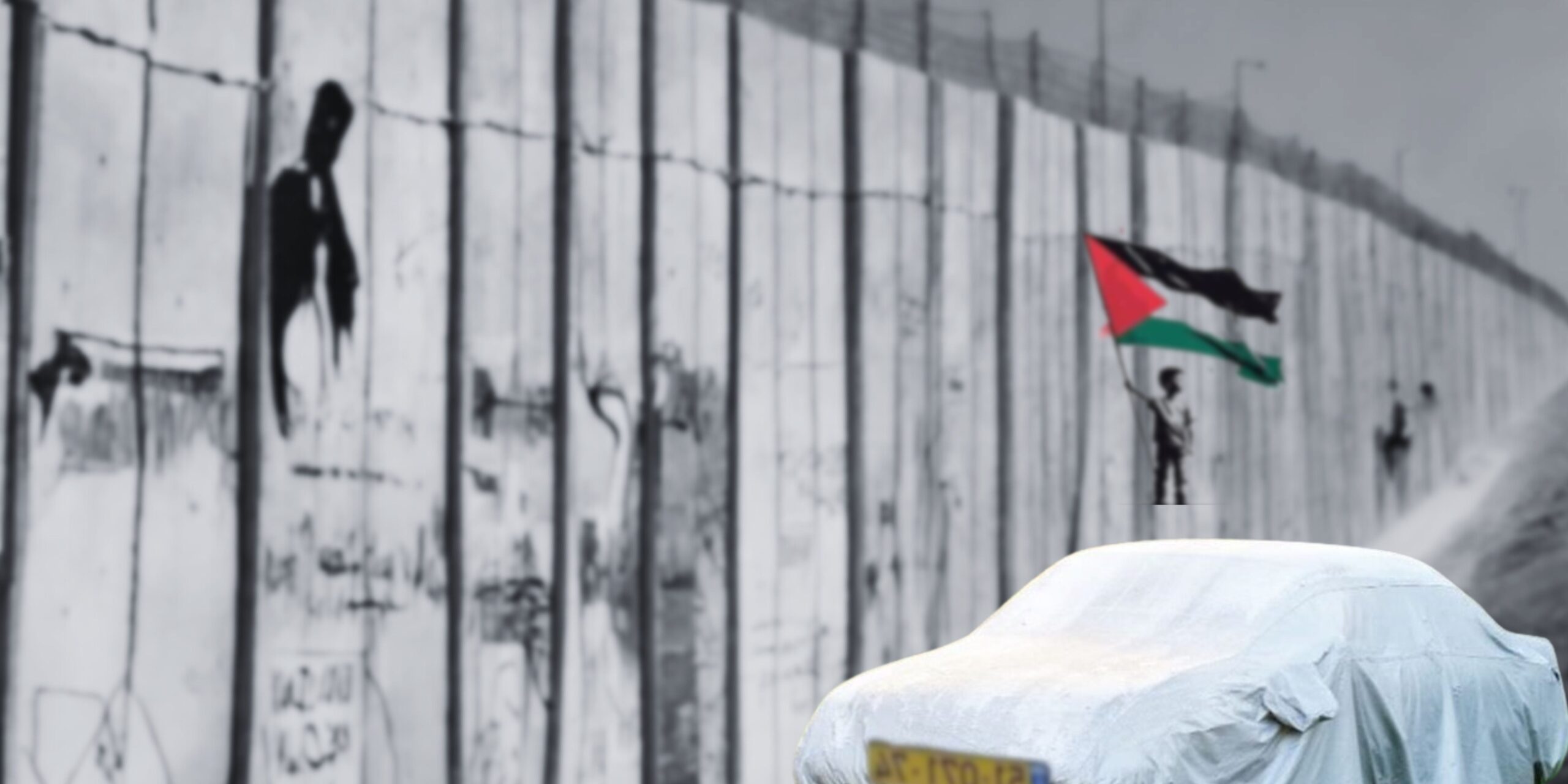Hoda Osman is a New York-based journalist and journalism trainer.
She has worked at the ABC News Investigative Unit, with CBS News Investigative Unit, as a correspondent for France24, with PBS, the Associated Press, and other international media outlets. In 2008, together with Dave Kaplan and through the International Center for Journalists (ICFJ), Hoda developed an investigative journalism course for Arab journalists. Over the past twelve years, she has taught investigative journalism extensively in the Arab World and beyond. Hoda is the President of the Arab and Middle Eastern Journalist Association (AMEJA).
You recently joined ARIJ’s Editorial Committee. What are your responsibilities? And how can your extensive experience in journalism training help you in your new role?
First, I would like to express how happy I am to join the editorial committee and how excited I am about my new role.
During the initial phase, my responsibilities included discussing our goals and priorities as an organization that supports investigation journalism in the Arab World. In addition, I worked with the committee members on developing our new application for submitting story ideas. We chose the questions carefully and discussed them thoroughly to ensure that the application provides us with useful information about the applicant and the story idea.
During the next phase, my responsibilities will involve evaluating the submitted investigative story ideas, selecting appropriate stories to contract and mentoring the journalists as they work on them.
In addition, I also work on ARIJ’s training workshops, including the upcoming one in April. My responsibilities, together with other members of ARIJ, include developing the curriculum, selecting the participants and leading some of the sessions.
As for my work in journalism training, I consider my new role at ARIJ a culmination of my years teaching investigative journalism. I have trained hundreds of journalists, mostly in the Arab World, and feel great pride as I follow their careers, especially those who decided to pursue investigative journalism, and see them publish reports that affect their communities and win prestigious awards. I believe my experience in journalism training will help me greatly in my work at ARIJ.
Tell us about the new application to submit investigative reports ideas to ARIJ? What is the criteria for selecting reports and journalists?
The new application process includes additional questions that will allow the Editorial Committee to evaluate the story idea and the journalist in a thorough and accurate way. It is also now a requirement for the journalist to complete three online training workshops before submitting the application. This will give the reporter, who may not have worked in investigative journalism before, a chance to familiarize him/herself with what investigative journalism is. We believe that completing the online workshops will help reporters complete their application more successfully.
As for the selection criteria, we are looking for investigations that reveal new information and which have an effect on the community. One of the most important questions on the form is number 14: “What new information does your investigation reveal and how is it different from previous coverage of the issue?” We are also looking for journalists who show seriousness, persistence and passion and who are willing to invest effort and time to complete the investigation. My advice to applicants is to fill the form with the utmost accuracy and honesty
How do you see investigative journalism after a decade of having this kind of journalism in the region?
I feel proud of how investigative journalism has developed in the Arab World. I was developing an investigative journalism course for Arab journalists 12 years ago, and was trying to find some examples of Arab investigative reports to include. Unfortunately, I had a hard time finding any and whatever was there was not quality journalism. Today, there are numerous investigations every year and continuous efforts to develop investigative journalism. I am extremely happy with what’s been achieved and have a lot of hope for more in the future.
How do you evaluate the impact of the developments in digital technology on investigative journalism?
There is no doubt that the advancements digital technologies have supported investigative journalism through the massive amounts of information that’s available on the Internet and through open sources, by facilitating communication with sources – sometimes secretly – and by providing tools to present the investigative report, which can often be complicated and include a lot of information, in a simple way that’s easy to understand and can be interactive.
What is the first advice that comes to your mind for a reporter starting out in investigative journalism?
This may sound strange, but the top advice that I give to trainees in my workshops is to learn English or improve it if they already know it. There are numerous, free training materials and opportunities available to journalists to improve their skills, most of it is in English. Knowing English is also important when doing online research and using open sources and to communicate with sources and journalists in other countries. Most importantly, knowing English would allow Arab reporters to stay up-to-date on the latest global investigative reports, including award-winning ones. I advise Arab reporters to include reading, watching and listening to distinctive investigative reports as part of their daily routine. Journalists can sign up to newsletters of investigative journalism organizations like: GIJN, OCCRP, Propublica, ICIJ, Pulitzer Prize.
.
This could inspire journalists to work on their own reports and exposes them to the changes possible through investigative journalism. It’ll also show them ways that investigative reports are done and areas they can investigate.
One of the main challenges I noticed Arab journalists face is differentiating between an in-depth feature story and an investigative report. Being constantly exposed to high quality investigative reports will help them understand the difference and aspire to work at a high level.
In your opinion, what’s the difference between the experience of investigative journalism in the Arab vs the Western World?
For various reasons, investigative journalism in Arab countries is still not as developed as it is globally.
Although Arab investigative journalism has made tremendous progress in the last decade, there is still a gap in the number and quality of investigations. We consider the advancement of investigative journalism in other parts of the world as a benefit to Arab journalists. It provides a model to learn from and to get inspired. At ARIJ we believe in this and it’s reflected in the strong connections we foster with international investigative journalism organizations and journalists who we invite to our conferences as trainers and speakers.
How do you evaluate ARIJ’s experience? Where do you see ARIJ in the coming years and amid the challenges that face investigative journalism in the Arab World?
ARIJ has played a main role in advancing investigative journalism in the Arab World. As a member of the ARIJ Award Jury Committee over the last three I was delighted to see the participating investigations and the progress that has been made in the field thanks to ARIJ’s efforts.
The challenges that face investigative journalism in the Arab World today should not discourage reporters from getting into the field. When doing journalism trainings, I found that journalists in places with more challenges had more experience and resilience. I encourage Arab reporters to continue developing their skills and not let the challenges deter them. I expect that investigative journalism will continue to make great strides in the coming years, that we will see more investigations that impact the public and result in real change. I’m looking forward to being a part of this process and to support reporters through my work at ARIJ.








